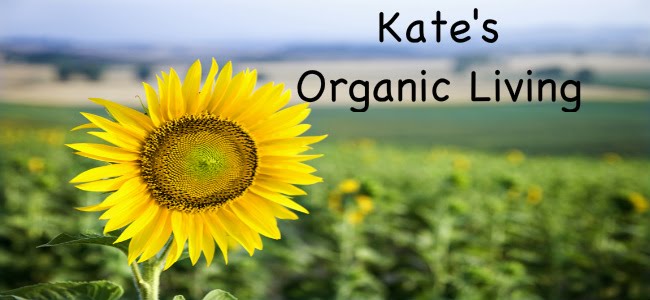Community Supported Agriculture
CSA stands for Community Supported Agriculture.Usually the community is a group of individuals who, as a group, subscribe to get weekly bags or boxes of locally grown produce delivered to their homes or work place.
CSA is a direct connection between you and your local farmer. You know who grew the food you are putting on the table for your family. Even more importantly, you are eating produce that is nutritionally superior to that you might buy in your grocery store because you are eating it virtually within hours of it being picked.
CSA is a responsible way to manage our valuable land resources, and provides an alternative to industrialized agriculture. It is a return to a more agrarian connection in terms of where we buy our food, and supporting members of our community who are producing that food.
The next time you bite into a tasteless tomato, ask yourself why you bought that beautiful red tomato. Did you buy it because it looked beautiful? Did you buy it because it might actually be delicious and contain all the vitamins that you know you should be eating?
When we cannot trace the path of a piece of fruit or a vegetable from where it was grown to our table, we have lost our connection to the land. CSA allows us to rebridge this gap.
CSA also provides a way for these small farmers and their families to stay on their family lands, to promote fair wages, and a chance to provide economic stability to our community.
Look into joining a CSA by purchasing a subscription. Many places allow you to purchase a three month subscription to simply try it and see how it works for you. What I've discovered is that I eat a greater variety of food products than I did before. We get into a rut with our food. Having food provided by your CSA, you'll be challenged to expand your horizons and eat things you might never have purchased before.
The other beauty of a CSA share is that it will provide most of your salad and vegetable needs for a small family for about a week. Many CSAs will give you recipes for foods that you may be unfamiliar with. Each one is run a bit differently, but they all adhere to certain basic principles.
Obviously, produce varies from season to season, and depending on what part of the country you live in, your CSA may use greenhouses to continue to provide produce during the cold winter months when your own garden is frozen and barren.
CSAs can trace their roots back to Japan in the 1970s when a group of people wanted to address concerns about increasing food imports and a resulting decrease in the number of family farms and quality produce. They started a grass roots movement to bring back a relationship between consumers and the producers of fruits and vegetables in a local area.
There are well over 1000 CSAs throughout the United States and Canada.
Seek one out in your area. You'll be doing yourself and your family a favor by providing better produce at the table. Your local farmer will thank you for allowing them to develop a sustainable business. Your community will thank you because a greater percentage of your food dollar will remain in your community.

No comments:
Post a Comment